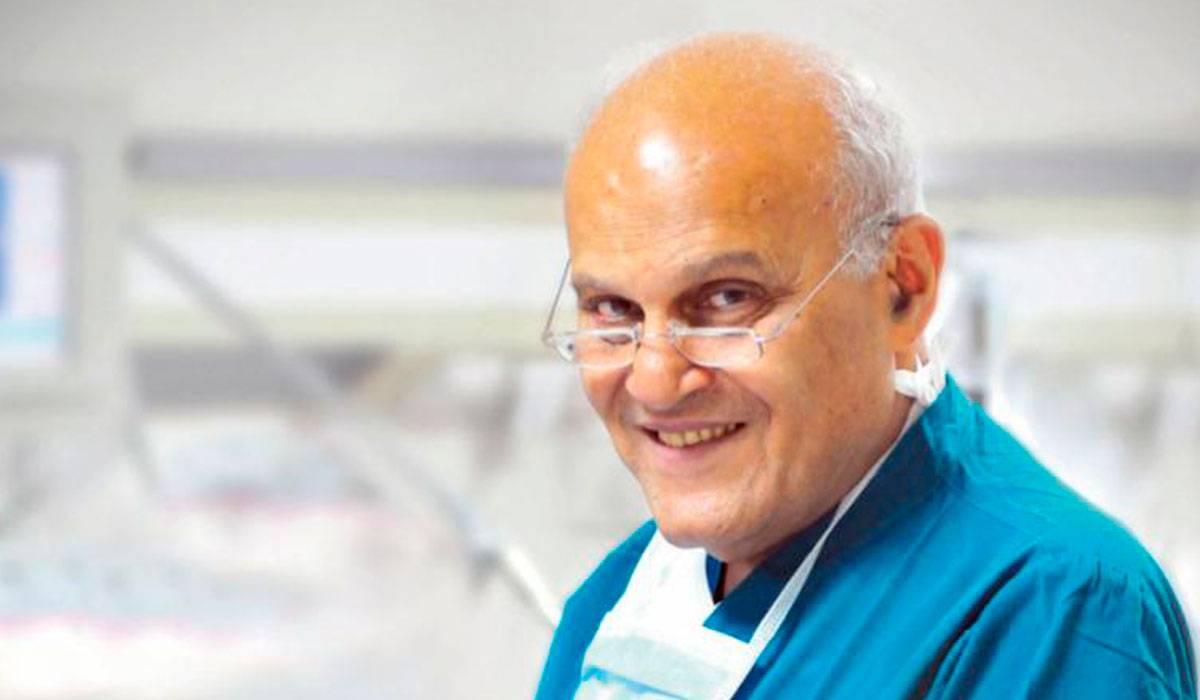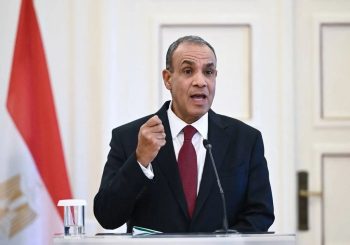Renowned heart surgeon Professor Sir Magdi Yacoub has unveiled a groundbreaking advancement in cardiac care: a “living valve” that grows naturally within a patient’s body.
Sir Magdi Yacoub, reflecting on the development of the “living valve,” remarked, “I always say that nature is the greatest technology. It’s so superior to anything we can make. Once something is alive—whether it’s a cell, a tissue, or a valve—it adapts by itself. Biology is like magic.”
Traditional heart valve replacements, whether mechanical or biological, come with significant limitations. Mechanical valves necessitate lifelong blood-thinning medication, while biological valves from animal or human donors typically last about 10 to 15 years and may be rejected by the body’s immune system. These challenges are especially pronounced in pediatric patients, as conventional valves do not grow with the child, leading to multiple surgeries over time.
Sir Yacoub’s team has developed a biodegradable valve scaffold composed of microscopic fibers. Once implanted, this scaffold attracts the patient’s own cells, facilitating the formation of a living valve made entirely of native tissue. Over time, the scaffold dissolves, leaving behind a fully functional valve that integrates seamlessly with the body’s natural systems and grows with the patient.
Dr. Yuan-Tsan Tseng, Professor of Biomaterials at the National Heart and Lung Institute and the Harefield Cardiac Science Centre, explained, “The aim of the concept we have developed is to produce a living valve in the body, which is able to grow with the patient.”
Preclinical studies have demonstrated promising results, with the living valve effectively adapting and functioning within the body. Human trials are scheduled to commence within the next 18 months, involving 50 to 100 patients, including both children and adults. These trials aim to assess the valve’s performance compared to existing artificial valves and its potential to reduce the need for repeated surgeries and lower the risk of immune rejection. If successful, the living valve could become available for widespread clinical use within a few years, potentially transforming the treatment landscape for heart valve disease.
By providing a valve that grows with the patient, it addresses a critical need in pediatric cardiac care, potentially reducing the frequency of surgical interventions and improving long-term outcomes. Moreover, the use of the patient’s own tissue minimizes the risk of rejection and eliminates the necessity for lifelong medication associated with mechanical valves.
In recognition of Sir Magdi Yacoub’s monumental contributions to cardiac surgery and his recent innovations, Egypt has honored him by renaming the VIP Hall at Aswan International Airport after him. This tribute reflects the nation’s deep appreciation for his relentless efforts to advance medical science and improve patient care.
Sir Magdi Yacoub is one of the world’s most celebrated heart surgeons, with a career spanning over six decades. Born in 1935 in Belbis, Egypt, Yacoub moved to the United Kingdom, where he pioneered several innovative techniques in heart surgery.
Among his many achievements is establishing the Harefield Transplant Programme, which became one of the world’s leading centers for heart and lung transplants. Beyond his surgical accomplishments, Yacoub founded the Magdi Yacoub Heart Foundation, a charity dedicated to providing free cardiac care for underprivileged patients in Egypt and the Middle East. His work has saved countless lives and cemented his legacy as a visionary in medicine and philanthropy.
Sir Magdi Yacoub once expressed his dedication to global medical service, stating, “I actually consider myself as totally privileged to be able to serve science and medicine in a global fashion, because science and medicine know no boundaries.”







Comments (0)